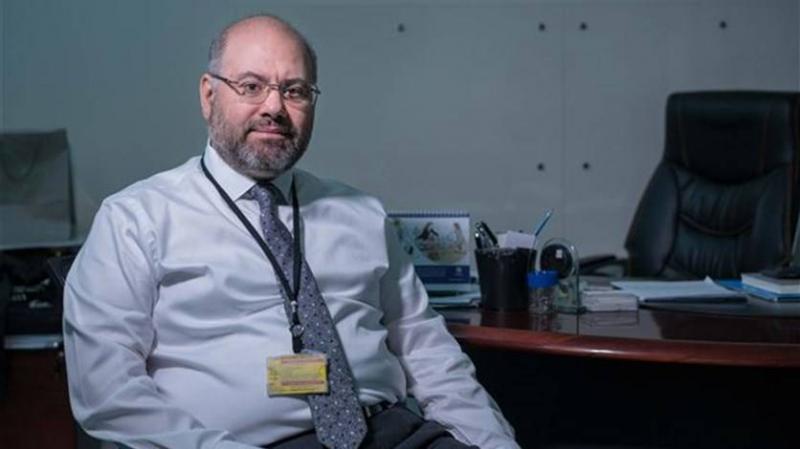Dr. Firas Abiad, Director-General of Rafik Hariri Governmental Hospital, tweeted, "Most children infected with COVID-19 show no symptoms, so the infection rates among young ones often do not reflect reality. The Ministry of Health report indicates that in Lebanon, there were positive COVID-19 tests among 7,000 children (ages 0 to 9) and 26,000 teenagers (ages 10 to 19), with 15 patients having died, 14 of whom had underlying health conditions. Children can indeed contract COVID-19, although there is some evidence suggesting they may be less susceptible to it. In cases of infection, most will not show symptoms, some may have mild symptoms, but very few will become seriously ill. This is why they usually do not undergo PCR testing."
Abiad added, "Children and teenagers can transmit the virus to others. Studies vary on whether this is more or less likely, but teenagers are closer to adults in this regard. In any case, it is not advisable for schools to open their doors without taking appropriate safety measures, including regular testing. A recent study shed some light on how children can contract severe infections. In short, children infected with COVID-19 can either suffer from severe respiratory symptoms or severe systemic infections, both of which can lead to death. They can transmit the virus to others, and while studies vary on the likelihood of this, teenagers are more similar to adults. Again, schools should not reopen without implementing proper safety measures, including regular testing.”
He concluded, "Given the current COVID-19 situation in Lebanon, reopening schools carries risks. However, schools play a vital role in the mental and social health of students, in addition to their educational impact. The real debate is not whether schools should reopen or not, but under what conditions.”




